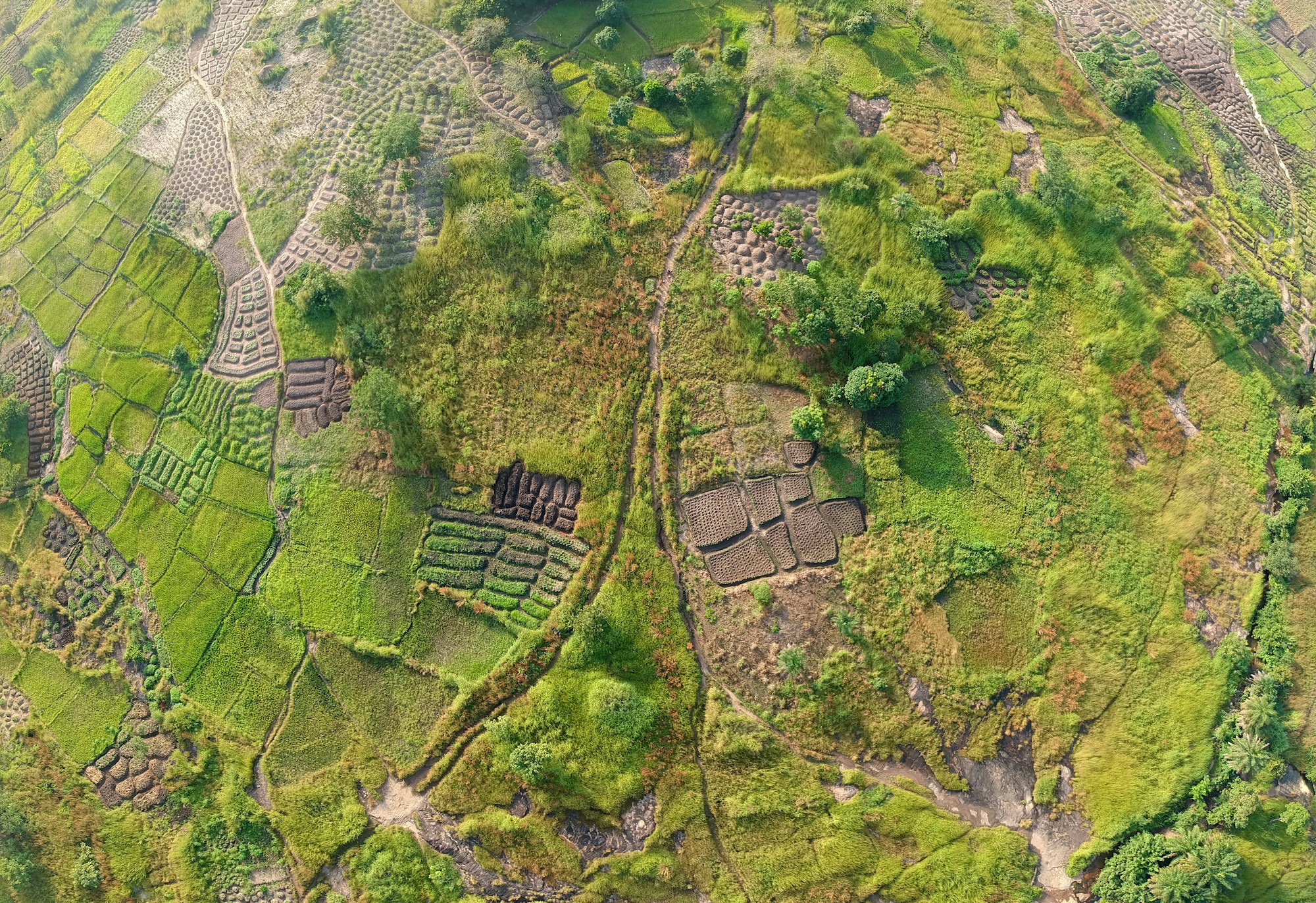Discover the Rich Culture of Guinea-Bissau: History, Customs & Festivals

Discover the Rich Culture of Guinea-Bissau: History, Customs & Festivals
Guinea-Bissau, located on the west coast of Africa, is a country with a rich cultural heritage and a diverse history. This hidden gem offers travelers a unique experience, with its vibrant traditions, customs, and festivals. Let's delve into the fascinating aspects of Guinea-Bissau's culture.
History
Guinea-Bissau's history is deeply intertwined with its colonial past. Formerly a Portuguese colony, it gained independence in 1973 after years of armed struggle. The country's struggle for independence and subsequent civil wars have shaped its history and influenced its cultural traditions.
Customs and Traditions
The people of Guinea-Bissau are known for their warm hospitality and strong sense of community. Family ties and social relations are highly valued, and visitors will often be greeted with open arms. It is customary to greet others with a handshake, and a friendly smile goes a long way in building connections. One of the unique customs in Guinea-Bissau is the practice of "tabanca," a form of collective labor where community members come together to help each other with various tasks, such as building houses or working on agricultural fields. This tradition reflects the spirit of solidarity and mutual support that is deeply ingrained in the culture. Another important aspect of Guinea-Bissau's culture is its traditional music. Music plays a central role in the daily life of the people, with genres like gumbe, kussundé, and mandinga being widely celebrated. Traditional instruments such as batacuda drums and kora, a West African harp, are used to create lively and rhythmic melodies that are sure to get your feet tapping.
Festivals
Guinea-Bissau boasts a colorful calendar of festivals that showcase the country's vibrant cultural heritage. One of the most significant celebrations is Carnival, which takes place in February and March. During this time, the streets come alive with elaborate parades, lively music, and traditional dances. The costumes worn during Carnival are a sight to behold, with vibrant colors and intricate designs. Another major festival is the Festival of Independence, held on September 24th to commemorate Guinea-Bissau's liberation from colonial rule. This national holiday is marked by official ceremonies, cultural performances, and gatherings where people come together to honor their country's independence.
Exploring Guinea-Bissau
In addition to immersing yourself in the cultural aspects of Guinea-Bissau, there are also natural wonders to explore. The country is home to stunning beaches, lush forests, and a vast network of rivers and islands. The Bijagós Archipelago, a UNESCO Biosphere Reserve, is a must-visit for nature lovers, with its pristine beaches, mangroves, and rich biodiversity. When visiting Guinea-Bissau, make sure to try the local cuisine. Traditional dishes include rice with fish or meat, yams, cassava, and fresh seafood. A popular local drink is palm wine, which is tapped from palm trees and has a mildly sweet taste. Now that you have a glimpse into the rich culture of Guinea-Bissau, it's time to pack your bags and embark on a journey of discovery. Prepare to be captivated by the warmth of its people, the rhythm of its music, and the beauty of its landscapes.
